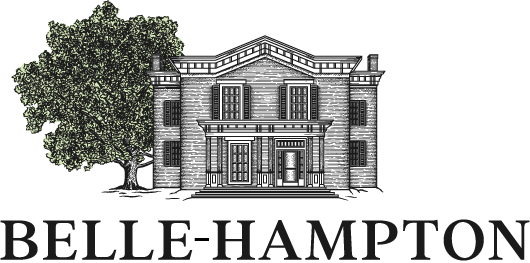Family Council Core Competencies
Congratulations, you have decided to form a Family Council, now what? Did the members get their position because they were family; they showed an interest; or were they selected based on predefined core competencies? Although you may now be second guessing your choices, I can tell you there is no right or wrong answer. In our case we only have first and second generation members because there isn’t anyone else. No spouses or significant others much less third generation kiddies. It didn’t, however, prevent us from determining what family council members core competencies should look like; what development activities should be considered in achieving the competencies; what on-boarding would look like for future members.
To make good decisions as a family council member consider what knowledge, traits and dedication might a representative need. First, a requirement for a basic understanding of the Three Circle Model: Family, Ownership, Business. Do the members know their position on the chart? Next, does the person have an awareness of the Values, Mission and Vision of the Family as well as the Family Business? They should demonstrate those values and be aligned with the vision. A working knowledge of how the family council is structured and expectations of the position is also necessary. Some more specific expertise might be required such as business acumen, financial literacy or an entrepreneurial mindset. But character attributes are also important qualifications for selection. Do they demonstrate compassion for others, ability to look beyond themselves and a capacity for good communication? Finally, is there a commitment for the time and effort essential for the success of the council?
After self reflection or independent assessment of each member’s core competencies, determine activities to assist in their development. An easy solution to knowing the family and business core values, mission and vision is to give them a copy of those statements. Having a credit card sized version to carry in a wallet or purposely stating them as affirmations before each meeting are creative ways to keep them in focus. If someone is not demonstrating those core values, suggest a mentor or thought exercises on those values. To understand family councils and family businesses, a conference might be recommended such as Family Business Magazine’s Transitions. Someone needing to understand the business itself might benefit from attending a board meeting as a bystander. The more specific proficiency of financial acumen can be resolved by taking a class, seminar or pursuing higher education in the field. Although character attributes are a bit more tricky, learning to look beyond ones self interest could be addressed by volunteering. While improving sense of compassion could be enhanced by charity work for the needy, disabled or elderly. Good communication skills can be strengthened by presentations to the council or the board of advisors as well as encouragement for participation in outside organizations (i.e. Toastmasters, Chamber of Commerce). The ideas for improvement of all the family council members can be endless, but critical to their success individually and collectively.
In order to have a solid foundation for new family council members, an on-boarding process is recommended. Begin with a copy of the family charter which has the core values, mission and vision statement. A company summary with an organization chart and contact information including board of advisors might be incorporated. A narrative on family history, a genogram and a contact list of all family members is helpful. Having the new member participate in self assessments such as the DISC, Devine, Meyers Briggs as well as the Family Council Assessment can be insightful for the individual and the team. A welcome gift or thoughtful token to commemorate the moment as a new member can assist with the bonding of the group.
As the family council matures from one generation to the next, having assessments, improvements and on-boarding in place will smooth the succession transition. Although you may be just forming your council team, the inevitable will come. Having a well defined, educated and inclusive program will lead to the next-generation of successful members. If you require any assistance developing your family governance or succession planning, contact a family business consultant. We are always willing to help.

